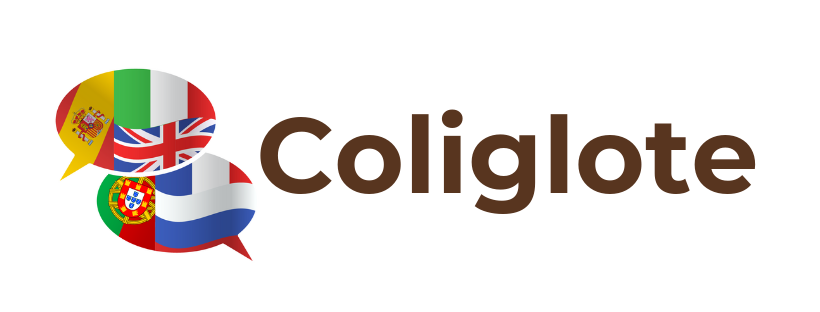Bilingualism, or rather plurilingualism in today’s world, as we know, has many advantages for children. In reality, the benefits of bilingualism do not depend on intensity.
That is to say, in the fifties, people thought that it was really very advantageous to be bilingual provided that they mastered both languages in the same way. In fact, gradually the different studies and the different contexts have shown that bilingualism even in very small doses, even if for example I only understand my mother tongue but I no longer speak it and I speak a second language, well, this simple ability to understand my mother tongue brings me something more.

Metacognition
In other words, bilingualism multiplies my ability to understand the world, my cognitive abilities, as has been very well shown in recent years.
Bilinguals, and multilinguals as well, of course, have a greater capacity for metacognition. In other words, not only do I speak my two languages a little or very well, but I also have something in addition to unilinguals: I am capable of thinking about language.
For example, bilingual children know from an early age that there is a difference between a table and the word table. Why is there a difference? Because a table, this object, I can call it differently depending on the languages I master. And so, these metacognitions that we usually learn very late, around the time that we learn philosophy at around 17 or 18, bilingual children master it very early.
Relationship skills and world thinking
Bilingualism increases my cognitive capacities, more than by two, since there are metacognitions, my relational capacities. It increases my thinking about the world.
Self-confidence
It gives me the idea that I’m able to talk and do things that other people can’t do. So, it increases my self-confidence, my self-esteem and the self-esteem of others.
Empathy
It increases my capacity for empathy: I am able to put myself in the place of someone else, someone who speaks another language, someone who sees things differently.
And so, it’s on the cognitive level, on the emotional level, on the relational level, on the academic level (the success of bilingual children is much better than that of unilingual children), that we can see a lot of advantages.

So, the condition is that the child or teenager sees this bilingualism as an opportunity. That is to say that he integrates the idea that his first language is good, even if he doesn’t speak it or very little: this is very important, because a negative representation would diminish these advantages, whereas they are only happiness, only advantages!
Thanks to Marie-Rose Moro, child psychiatrist at the Maison de Solenn, Paris.


valentin kabore
4 July 2020 at 14 h 33 minTrès intéressant.
Coliglote
7 July 2020 at 14 h 58 minMerci Valentin !